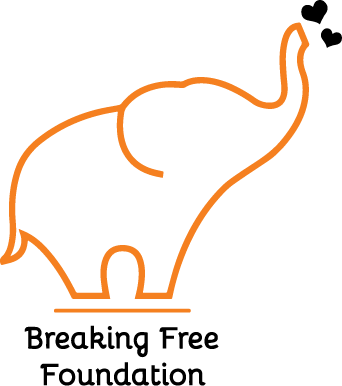How to Cope: Dealing with Trauma of Natural Disasters
By definition, trauma is a deeply distressing or disturbing experience, a definition that natural disasters fits right into. When Mother Nature's wrath wreaks havoc, it can take both a physical and psychological toll that is widespread. Alberta is no stranger to the trauma left by natural disasters, the floods of 2013 left a huge path of destruction, and now thousands of people are dealing with the ongoing trauma of the fires burning in Fort McMurray this week.
Individuals who survive trauma, or are exposed to it in some way can develop PTSD (post-traumatic stress disorder), and it can have a damaging effect both physically and mentally. Besides the people being evacuated, first-responders are also at huge risk to develop symptoms of PTSD.
Symptoms of PTSD can include:
Flashbacks, or reliving the trauma
Nightmares
Intense fear
Avoidance
Loss of interest in activities and hobbies
Guilt, worry or depression
Difficulty remembering the trauma
Hyperarousal
Difficulty sleeping
Severe emotional distress
It’s difficult to determine when those symptoms will arise, some people feel fine at first only to develop PTSD later on. In general, survivors of natural disasters are recommended to seek professional help if they find they continue to suffer from the effects of PTSD for more than a month.
If you are dealing with the trauma of a natural disaster, immediate mental health resources are available in Alberta via CMHA Calgary. If you want to speak to a trauma-specialized therapist to deal with your PTSD or trauma symptoms, please check out our free Therapy Grant program. If you want to help with the fire relief in Fort McMurray, donate to the Red Cross.
Keep in touch with us on Twitter or Facebook to learn more about trauma, the effects of trauma and how to cope with PTSD.
— Written by Amber Craig, BFF Chair {Follow on Twitter}

